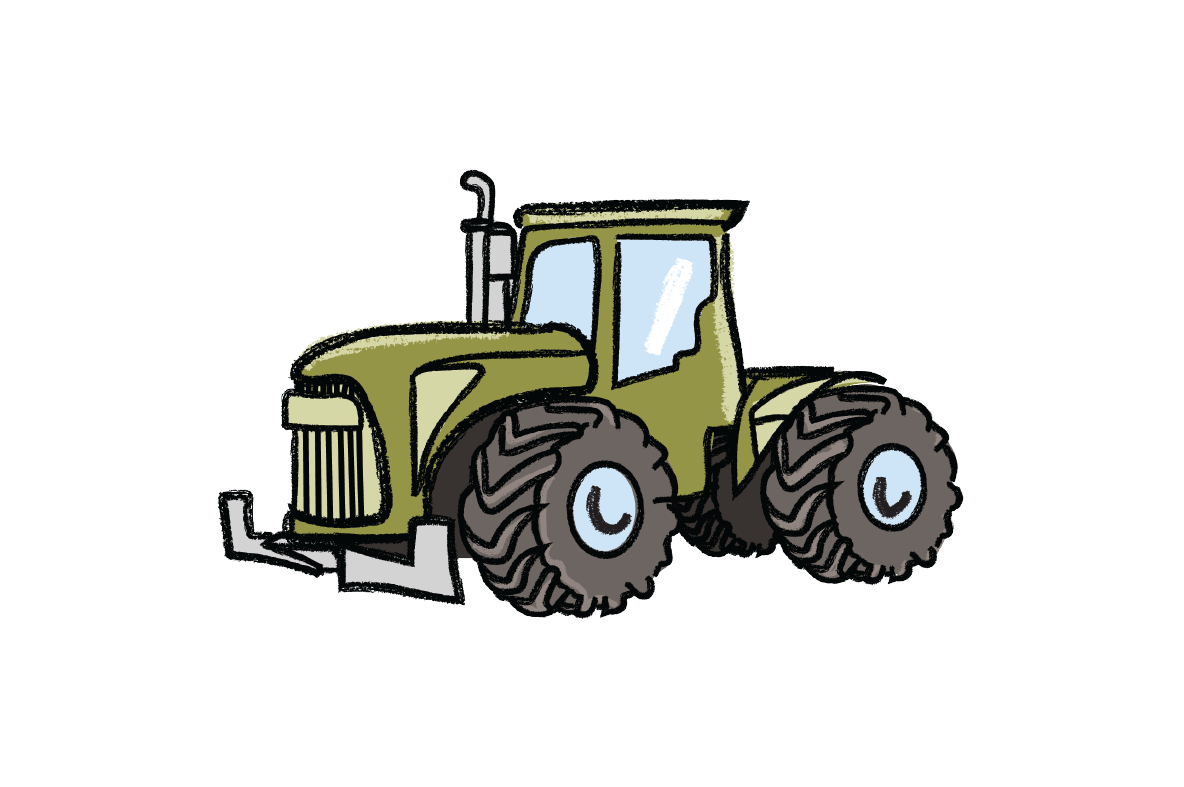

From miniature to multinational and everything in between
How stuff works--red
It can be tricky to make overriding assumptions about 'little guy v big guy', but as in any industry, there are the tiny passion projects and there are the big commercial operations. We're not saying that one is 'good' and the other is 'bad', but they certainly go about things differently, and often with different aims in mind. Let's take a look at some of the main differences
Vineyards--aromatic
Where and how the vineyards are planted can play a bog difference in the overall quality of the wine, but what aims do big and small wineries have? A key factor here is the location and the aspect (or gradient) of the land that the vines are planted on. Flat land is easy to work, and allows easy use of a tractor or other machinery. Sloped land necessitates manual labour, and takes longer and is more costly.

Harvest--racy
Harvesting by hand is a precise way of picking the exact bunches of grapes you want for the wine. You can avoid unripe bunches or those that have been spoiled. You can leave some bunches on the vine. If you use a mechanical harvester however, not only do you get the good in with the bad, but there's a chance that the perfect grapes may be slightly damaged in the picking process. There's also the desired outcome to factor in, and whether or not you're picking for quantity or quality.
Winemaking--vegan
Again, this idea of quality v quantity comes into play. Do you need to get the wine made and sold as quickly as possible, or do you have time to let it rest, perhaps spend some months in oak and really flesh out?
Are you committed to letting the wine speak for itself, and let wild yeasts ferment the wine, or do you have a flavour profile in mind and perhaps use packet yeasts to influence the aromas?
Some winemakers will add acid, tannin, alcohol, colourings or even water to affect the flavours and textures of the wine, all to achieve a desired result.
Sales--cellar
Bigger wineries have teams of sales people to sell the wine. There's often big discounts on the advertised price, and often sweetners to convince people to buy it - free wine glasses, or for bigger clients, expensive dinners!
Smaller wineries wares are often sold by the winemaker, by hand, one at a time.
About the Author
Alex is a certified sommelier through the Court of Master Sommeliers and holds her WSET 3 with distinction. Her experience in the wine industry stretches from working as a sommelier in award-winning restaurants in British Columbia, judging national wine competitions, and utilising her background in design and communication toward commissioned art, writing, and branding for wineries and wine bars and columns across the globe.
Do you know your wine personality? If your answer is no, take our quiz to find out which wines to pick up next and build your box!
Build my box





